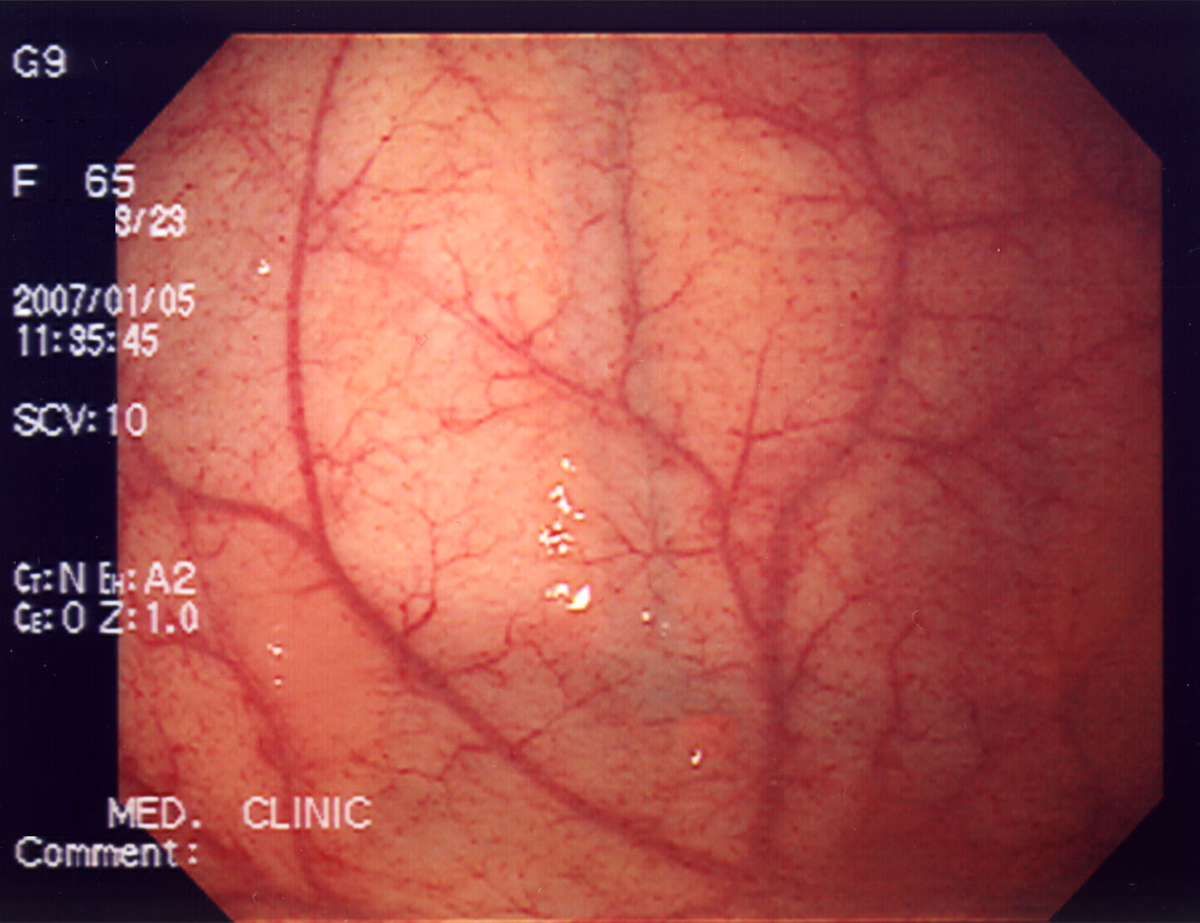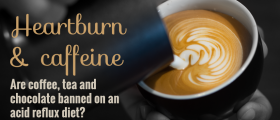
What is a Heartburn?
Heartburn is a burning sensation in the chest that occurs because of the returning of gastric acid. A condition that occurs because of repeated episodes of heartburn is called gastroesophageal reflux disease. This disease is usually a consequence of lower esophageal sphincter weakness. This muscle opens by swallowing, allowing the passage of food into the stomach. Otherwise, the esophageal sphincter must be closed so the acid would not come back from the stomach into the esophagus. If it happens, though, it is a symptoms of a heartburn.Causes of Heartburn
Many reasons cause weakening of the lower esophageal sphincter: certain medications or foods, emotional stress, smoking, fast eating, inappropriate chewing or lying after a meal. Also, heartburn can occur as a result of pressure on the sphincter by excessive eating, narrow clothes, pregnancy or obesity.What is a Flatulence?
Another digestive inconvenience is flatulence or bloating which occurs as a result of increased production of gas in the intestines caused by bacteria of undigested carbohydrates and proteins.The largest part of the gas is being absorbed through the intestinal mucosa, then reaches the lungs through the bloodstream and expels through the mouth by breathing. A smaller number of gas, about 14%, is expelled through the anus. Certain conditions and diseases involve occurrence of greater number of gas which is difficult to expel from the body. That causes a number of problems such as feeling of heaviness, belching, loud growl in the intestine, the occurrence of heartburn, nausea, shortness of breath due to raising the diaphragm. This condition may be accompanied with pain that occurs when a bubbles of gas press the walls of the stomach and intestine. Bloating occurs immediately after meals, between meals or in the evening.
Causes of bloating
The main causes of bloating are: excessive meal portions, because they are extending the digestion process ingestion of air due to rapid and voracious food intake, which usually occurs in nervous people poor chewing, resulting in a prolonged digestion of food, which comes undigested into the large intestine, where it is subjected to decay and fermentation fluid intake during meal or immediately after meal, because it leads to dilution of gastric juice hypersensitivity of the esophagus, stomach, small intestine or colon walls the sensitivity of bile or pancreatic tract a lack of enzymes due to impaired function of the gall bladder and pancreas, hiatus hernia, stomach and duodenum ulcer poor food combining - a combination of concentrated carbohydrates and proteins increased intake of soft drinks some medications some foods such as beans, peas, broccoli, kale, sprout, cabbage, milk and milk products, onion, soy, grilled meat, fried foods, classic browned flour, carbonated beverages, hot bread and rolls, sweeteners (sorbitol). Apples, bananas, carrots, celery, eggplant, integral cereals, grapes, and plums moderately cause gases. Weak causes of gases include rice, soft boiled and poached eggs
















Your thoughts on this
Loading...